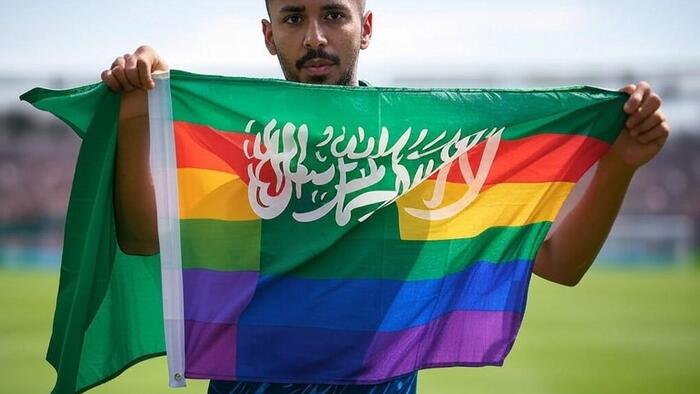FIFA has officially confirmed that the 2030 World Cup will be jointly hosted by Spain, Portugal, and Morocco, a historic decision that marks the first time the tournament will take place across six countries and three continents—Africa, Europe, and South America. As part of the centenary celebrations of the inaugural World Cup held in Uruguay in 1930, a ceremony will be held in the country’s capital, Montevideo, alongside three opening matches to be played in Uruguay, Argentina, and Paraguay. This unprecedented format provides both opportunities and challenges, given the complexity of managing such a vast event across different regions. Historically, World Cups have not exceeded two host nations or multiple continents, with notable joint hosts including South Korea and Japan in 2002, and an upcoming tri-nation event in 2026 involving the United States, Mexico, and Canada.
FIFA President Gianni Infantino emphasized the unifying power of football, stating that the 2030 World Cup embodies a spirit of togetherness in today’s divided world. However, the expansive geographical spread of the tournament has raised concerns, particularly regarding the environmental impact and carbon footprint associated with hosting matches across three continents. Critics argue that traversing such vast distances could exacerbate the tournament’s impact on climate change, and the potential for teams to compete in differing weather conditions as they navigate between hemispheres adds another layer of complexity. The 2030 World Cup will not only be a celebration of football but also a test of logistics and sustainability amidst growing environmental concerns.
Since its inception in 1930, the FIFA Men’s World Cup has consistently occurred every four years, with only two interruptions due to the Second World War in 1942 and 1946. This historical regularity underscores the tournament’s importance in the world of sports and culture. The upcoming 2030 tournament marks a significant milestone, coinciding with the centenary of the World Cup. Looking ahead, the 2034 World Cup has already been awarded to Saudi Arabia, a decision that has generated controversy primarily due to the nation’s human rights record. This selection process is indicative of broader issues within FIFA, which some critics allege concerns more about lucrative partnerships than ethical considerations.
The bid evaluation process for the 2034 World Cup has come under fire, particularly for how FIFA handled human rights as part of its assessment criteria. By restricting the bidding process to federations from Asia and Oceania, FIFA expedited Saudi Arabia’s hosting ambitions. Their partnership with Saudi Aramco, the state-owned oil entity, further complicates the narrative, leading to questions about whether the motivations behind hosting decisions are primarily financial rather than based on fostering ideals of human rights or inclusivity. FIFA’s bid evaluation report awarded Saudi Arabia the highest score ever—4.2 out of 5—raising eyebrows among advocacy groups and human rights organizations.
Amnesty International criticized FIFA’s evaluation, calling it a “whitewash” of Saudi Arabia’s severe human rights issues. Concerns include the risk of worker exploitation, the potential for forced evictions, and the suppression of free speech and civil rights activists within the kingdom. This situation illustrates a glaring disconnect between FIFA’s professed values and its policies, especially in light of its proclaimed support for LGBTQ+ rights globally. The contrasting approach toward different nations raises critical ethical questions regarding the integrity of the hosting selection processes and the prioritization of profit over ethical considerations.
Ultimately, the decisions surrounding the 2030 and 2034 World Cup tournaments highlight the complexities and challenges that FIFA faces in the modern era. The 2030 tournament’s innovative global format seeks to celebrate football’s unifying power, but it simultaneously ignites debates on sustainability, locality, and the culture of host nations. As FIFA ventures into previously uncharted territory with these World Cups, it becomes increasingly necessary for the organization to grapple with its core values, ensuring that their commitments to human rights and integrity are genuinely upheld in tandem with their financial ambitions. The upcoming tournaments stand as a litmus test for FIFA’s commitment to balancing commercial interests with the moral and ethical responsibilities that come with being the steward of the world’s most beloved sport.

